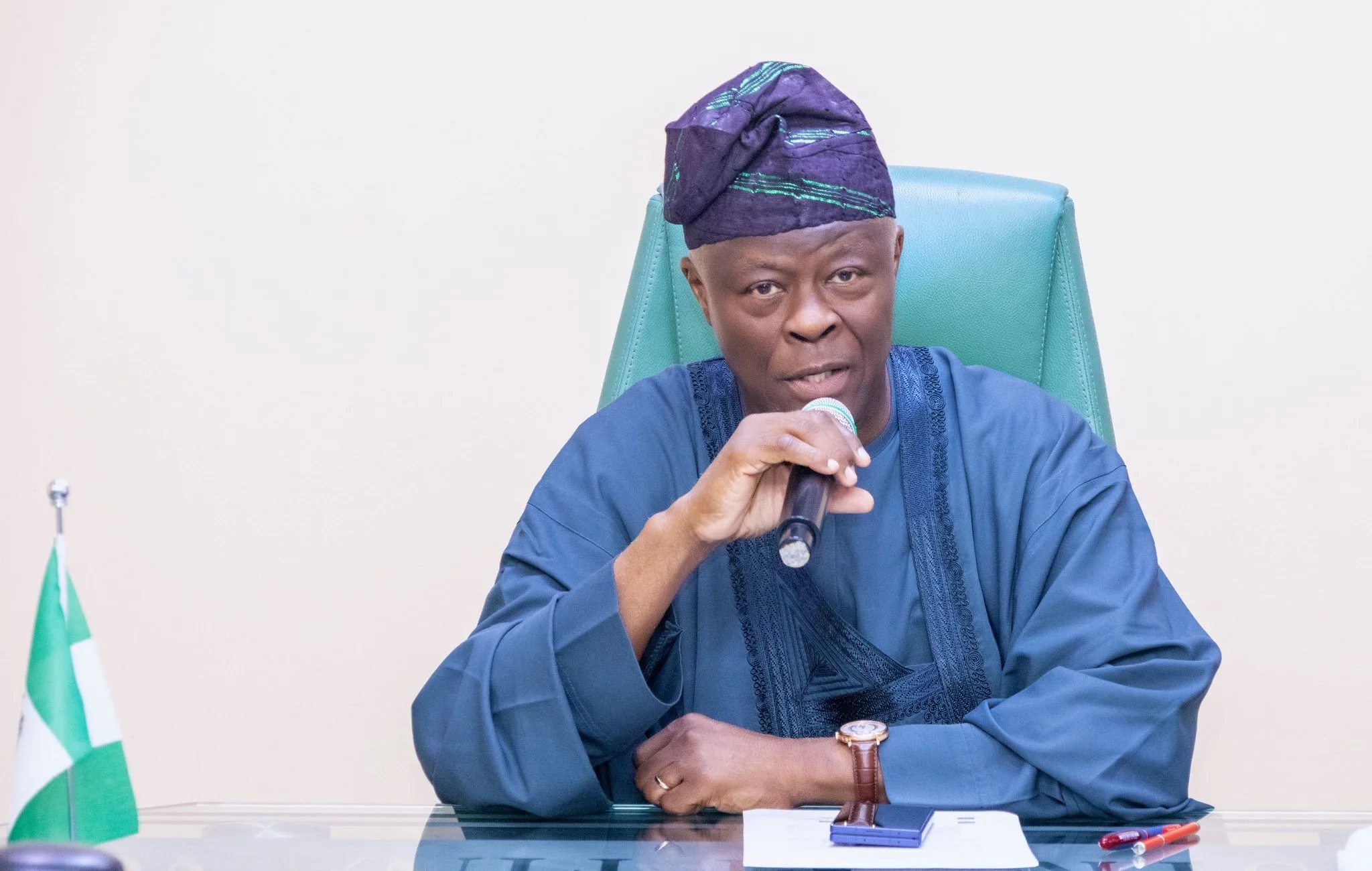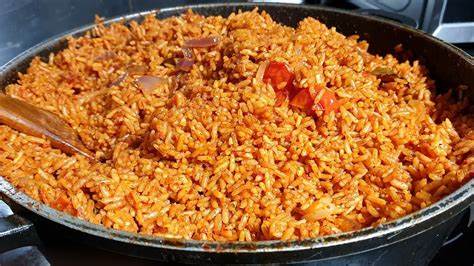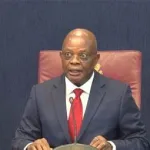Nigeria’s Minister of Finance and Coordinating Minister of the Economy, Mr Wale Edun, has officially confirmed the full deregulation of the market structure for Premium Motor Spirit (PMS) also known as petrol.
Mr Edun assured that the new market structure for PMS will enhance efficiency of supply and stabilize market conditions in a way that all Nigerians will benefit.
Join our WhatsApp ChannelThe minister disclosed this in a statement he personally signed and released on Friday.
Edun, who is the Chairman of the Implementation Committee on the Sales of Crude Oil and Refined Products in Naira, said the Committee met on Wednesday, October 10, for its second meeting to review the implementation of the policy.
According to the minister, the meeting focused on assessing the transition towards a deregulated market structure for PMS and addressing the change in the purchasing model for petroleum product marketers.
READ ALSO: Cost Of Living Worsens As New Petrol Price Hits Hard On Nigerians
He said that the most significant change under the new regime of the downstream petroleum industry is that marketers can now buy PMS and other products directly from local refineries.
“This marks a departure from the previous arrangement where the Nigerian National Petroleum Company Limited (NNPCL) served as the sole purchaser and distributor of PMS from the refineries,” the minister stated.
Highlighting the benefits of the deregulated market structure, Edun stated that allowing marketers to have direct purchasing access would give them opportunity to directly negotiate commercial terms and engender a healthy competition in the PMS retail market.
“This direct purchasing mechanism allows marketers to negotiate commercial terms directly with the refineries, fostering a more competitive market environment and enabling a smoother supply chain for petroleum products.”
READ ALSO: The Impending Storm: Transportation Costs Set To Skyrocket As Petrol Price Rises To Over N1,000
Edun further assured that with the commencement of local production of PMS, the market is better equipped to support direct transactions between marketers and refiners.
“This transition is expected to enhance efficiency in product availability and stabilise market conditions for the benefit of all Nigerians,” he assured.
Prime Business Africa had reported that the NNPCL has withdrawn from being the sole off-taker of Dangote Refinery petrol.
The national oil company subsequently adjusted the pump price of petrol in its retail outlets across the country, indicating an increase from about N897 to about N1,200 per litre depending on location. While the price is set for N998 in Lagos, it is N1,030 per litre in Abuja and some other parts of the north-central regions.
This new petrol price hike has sparked reactions across the country as people express concerns about the potential impact on cost of living.
There are also worries about the effectiveness of the new PMS market structure, whether it will guarantee availability and most importantly affordable prices given the impact on general cost of things including food, transport and business operations.
The finance minister, however, tried to allay the fears saying that assuring that the implementation committee is committed to providing clarity on the process and “will continue to engage with stakeholders to ensure a seamless transition process.”
Victor Ezeja is a passionate journalist with seven years of experience writing on economy, politics and energy. He holds a Master's degree in Mass Communication.




















Follow Us